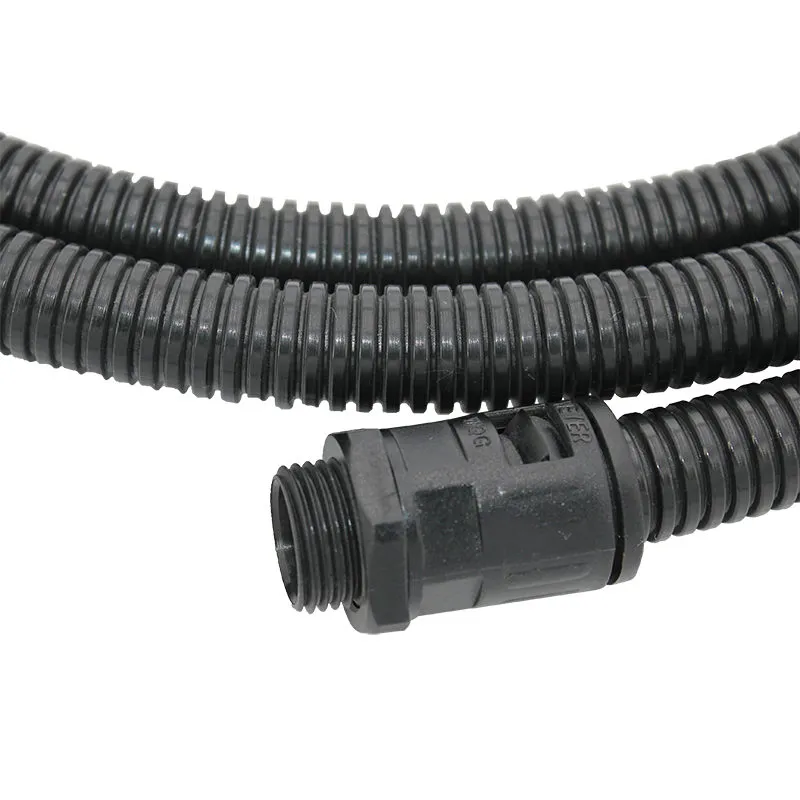electrical cable chain
Understanding Electrical Cable Chains Importance and Applications
In the increasingly complex world of industrial automation and machinery, the need for efficient cable management systems has become paramount. One such solution that has garnered much attention is the electrical cable chain, also known as a cable carrier or drag chain. An electrical cable chain serves as an organized, protective conduit for flexible cables and hoses, allowing them to move freely without tangling or experiencing wear and tear. This article delves into the significance, construction, and applications of these essential components.
What is an Electrical Cable Chain?
An electrical cable chain is a series of interconnected links designed to guide and protect electrical cables, hydraulic hoses, and pneumatic tubes in dynamic applications. The design generally features an open structure that allows for easy access, making installation and maintenance straightforward. As machines and equipment operate, the cable chain facilitates smooth movement while reducing the risk of damage to the cables housed within. This protection is vital to extend the lifespan of the cabling while ensuring operational efficiency.
Advantages of Using Electrical Cable Chains
1. Organization The primary benefit of using a cable chain is organization. By routing cables and hoses through a designated path, the likelihood of tangles and misalignments decreases significantly.
2. Protection Cables are susceptible to abrasion, crushing, and environmental factors. Cable chains provide a protective environment, safeguarding these vital components from physical damage and exposure to harmful elements.
3. Increased Lifespan By minimizing wear and preventing tangles, electrical cable chains can substantially extend the longevity of cables and hoses, resulting in reduced maintenance costs and increased equipment uptime.
4. Flexibility Modern cable chains come in various sizes and configurations, making them adaptable to a wide range of applications. They can accommodate different cable types and shapes, including power cables, data cables, and more specialized types.
5. Ease of Installation Cable chains are designed for straightforward installation. Many systems allow for quick assembly and disassembly, enabling users to adjust configurations as needed.
Construction and Materials
Electrical cable chains are typically manufactured from a variety of materials, with plastic and metal being the most common.
electrical cable chain

- Plastic Chains Lightweight and resistant to corrosion, plastic cable chains are ideal for environments where weight is a concern. They also tend to be quieter during operation.
- Metal Chains While usually heavier, metal chains offer exceptional strength and durability, making them suitable for more demanding applications or environments.
The links of a cable chain can be modular, allowing users to customize the length of the chain according to their specific needs. Additionally, many chains offer features such as openings or covers for easy access to cables, facilitating maintenance and repairs.
Applications in Various Industries
Electrical cable chains are used across multiple sectors, including
- Manufacturing In assembly lines, cable chains guide and protect cables that power machines and robotic arms, ensuring seamless operation.
- Aerospace In aircraft manufacturing, where reliability is crucial, cable chains are employed to manage the numerous cables necessary for flight control systems and other aircraft electronics.
- Automotive Cable chains are crucial in automotive assembly plants, where they help manage wiring systems in autonomous vehicles and traditional models alike.
- Entertainment In theaters and concert venues, electrical cable chains help manage the extensive wiring required for lighting and sound systems.
Conclusion
Electrical cable chains are vital in modern automation and machinery, providing a robust, organized, and efficient solution for the management of electrical cables and hoses. By protecting these essential components, cable chains ensure enhanced operational efficiency, safety, and longevity. As industries continue to evolve, the demand for effective cable management solutions like electrical cable chains will undoubtedly grow, underpinning advancements and innovations across myriad applications. Adopting these systems can lead to better productivity and ultimately pave the way for a more efficient industrial future.








